Home>diy>Building & Construction>How Do They Do Foundation Repair
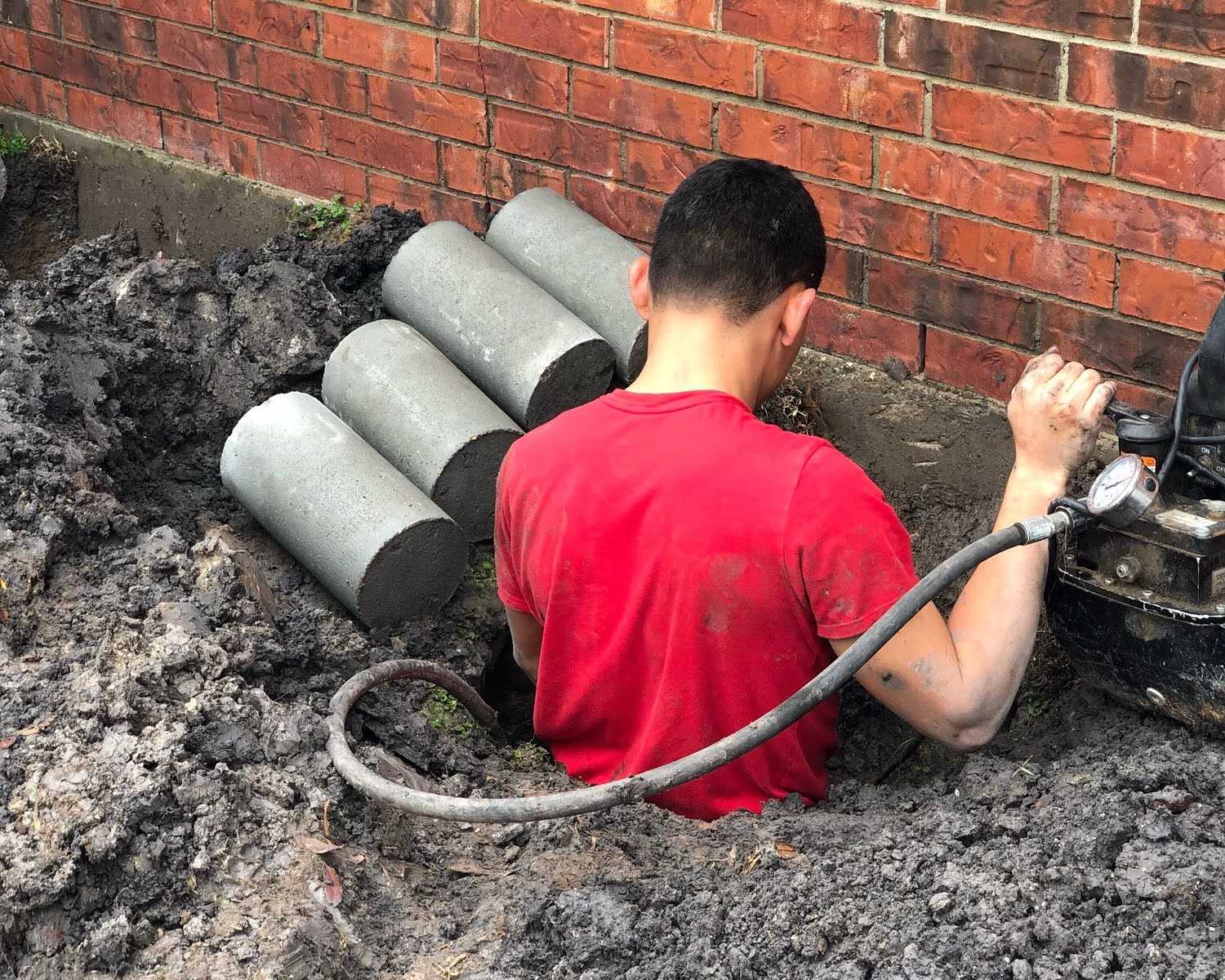

Building & Construction
How Do They Do Foundation Repair
Modified: January 31, 2024
Discover the process of foundation repair in building construction. Learn how experts do it step-by-step, ensuring stable and secure structures.
(Many of the links in this article redirect to a specific reviewed product. Your purchase of these products through affiliate links helps to generate commission for Storables.com, at no extra cost. Learn more)
Introduction
Welcome to the world of building construction, where the foundation is the backbone of any structure. When it comes to ensuring the stability and longevity of a building, a strong and well-maintained foundation is essential. However, over time, the foundation may face various issues that require repair and maintenance.
In this article, we will delve into the world of foundation repair, exploring the signs that indicate foundation problems, the causes behind these issues, different types of repair methods available, and the importance of hiring a professional for the job. We will also discuss the cost of foundation repair, the time it takes to complete the process, and provide some helpful tips for DIY enthusiasts. Finally, we will share some preventive measures to minimize the risk of foundation problems.
So, whether you are a homeowner, a building contractor, or simply curious about the intricacies of construction, join us as we embark on this informative journey into the world of foundation repair.
Key Takeaways:
- Early detection of foundation problems, such as cracks, uneven floors, and sticking doors, is crucial to prevent structural damage. Hiring a professional for assessment and repair is essential for long-term stability.
- Preventive measures, including proper drainage, soil grading, and regular inspections, can minimize the risk of foundation issues. DIY maintenance is suitable for minor repairs, but significant problems require professional expertise.
Read more: How Do I Build A Shed Foundation
Signs of Foundation Problems
Recognizing the signs of foundation problems early on is crucial in addressing them before they worsen and potentially lead to structural damage. Here are some common signs to watch out for:
- Cracks in the Walls: One of the most noticeable signs is the presence of cracks in the walls, especially near windows, doors, and corners. These cracks can be vertical, horizontal, or stair-step in appearance.
- Uneven or Sagging Floors: If you notice that your floors are uneven or sagging in certain areas, it could indicate foundation issues. This can be observed through tilting or sloping floors, as well as doors and windows that no longer close properly.
- Sticking Doors and Windows: Difficulty in opening or closing doors and windows is another red flag. If you find yourself applying extra force to make them function properly, it may be due to foundation movement.
- Gaps Around Doors and Windows: Noticeable gaps between the doors or windows and the walls could be a sign that the foundation has shifted. This can result in misalignment, causing gaps to form.
- Cracks in the Foundation: Inspect the exterior of your building for cracks in the foundation itself. These cracks are usually wider at the top and can extend downwards, indicating foundation settlement or shifting.
- Water Leakage: Foundation problems can lead to water seepage or leakage in basements or crawl spaces. If you notice dampness, musty odors, or the presence of mold, it may be a result of foundation issues.
- Bowing or Leaning Walls: If you see walls that are bowing inward or leaning to one side, it could be a sign of excessive pressure on the foundation, often caused by soil expansion or poor drainage.
If you observe any of these signs, it is essential to take immediate action to prevent further damage. Consulting with a professional foundation repair expert is recommended, as they can assess the extent of the problem and recommend appropriate solutions.
Causes of Foundation Issues
The stability of a building’s foundation can be compromised due to various factors. Understanding the underlying causes of foundation issues is crucial in addressing them effectively. Here are some common causes:
- Soil Settlement: Over time, the soil beneath a foundation can settle or shift due to natural processes, such as the compression of loose soil or the decomposition of organic materials. This can lead to uneven foundation settling and subsequent structural issues.
- Expansive Soil: Soil with a high clay content, commonly referred to as expansive soil, can cause problems for foundations. This type of soil expands when it absorbs water and contracts when it dries out, exerting pressure on the foundation and causing it to shift or crack.
- Poor Water Drainage: Improper or inadequate water drainage is a significant contributor to foundation problems. When water accumulates around the foundation walls instead of draining away, it can soften the soil and cause a shift in the foundation’s stability.
- Tree Roots: The roots of large trees planted too close to a building can extract moisture from the soil and cause it to shrink, potentially leading to foundation settlement. Additionally, the roots themselves can exert pressure on the foundation walls, causing cracks or instability.
- Poor Construction: Inadequate construction practices, such as using subpar materials or insufficient reinforcement, can result in a weak foundation. This can lead to issues such as settlement, cracking, and unevenness.
- Earthquakes or Natural Disasters: Regions prone to seismic activity or natural disasters are at a higher risk of foundation problems. The ground shaking during an earthquake can cause the foundation to shift or crack, compromising its stability.
- Plumbing Issues: Plumbing leaks or bursts in water supply or drainage pipes located beneath a foundation can lead to soil erosion and instability. This can result in foundation movement or settlement.
It’s important to note that foundation issues can be a combination of multiple factors. Identifying the specific causes affecting a foundation is best achieved through a thorough evaluation by a qualified foundation specialist.
Types of Foundation Repair Methods
When it comes to addressing foundation issues, there are several methods and techniques available to stabilize and repair the foundation. The choice of method depends on the specific problem and the extent of damage. Here are some common types of foundation repair methods:
- Foundation Underpinning: Underpinning is a widely used method for stabilizing and reinforcing an existing foundation. It involves extending the foundation depth or adding additional support underneath the existing foundation to enhance its load-bearing capacity. Common types of underpinning methods include concrete piers, helical piers, and steel push piers.
- Slabjacking: Slabjacking, also known as mudjacking or concrete lifting, is a process that involves raising a sunken or settled concrete slab by injecting a hydraulic mixture beneath the slab. This mixture fills voids, lifts the slab, and provides support, restoring it to its original position.
- Foundation Crack Repair: Cracks in the foundation can compromise its structural integrity. Repair methods for foundation cracks include epoxy injections, polyurethane injections, or carbon fiber strips. These techniques help seal the cracks and prevent water infiltration.
- French Drains: French drains are commonly used to address foundation drainage issues. These drains are designed to redirect water away from the foundation by collecting and channeling it towards a drainage system. This helps to prevent water buildup around the foundation and minimize the risk of soil erosion or foundation movement.
- Grading and Drainage Improvement: Improving the grading and drainage around the foundation is essential in preventing water accumulation. This can involve regrading the soil to ensure proper slope away from the foundation, installing gutters and downspouts to direct water away, and implementing proper landscaping techniques to promote effective drainage.
- Wall Anchors and Braces: For walls that are bowing or leaning due to lateral pressure, wall anchors or braces can be installed. These systems help stabilize the walls by transferring the pressure to more stable soil or by providing additional support through steel beams or braces.
It’s important to consult with a professional foundation repair contractor to accurately assess the condition of the foundation and determine the most suitable repair method. They will consider factors such as the type of foundation, soil composition, and the severity of the problem to recommend the appropriate solution.
Hiring a Foundation Repair Professional
When it comes to foundation repair, it is essential to hire a qualified and experienced professional. Attempting to address foundation issues without the necessary expertise can lead to costly mistakes and further damage to the structure. Here are some key considerations when hiring a foundation repair professional:
- Experience and Expertise: Look for a foundation repair company with a solid reputation and extensive experience in the industry. A company that has successfully handled various foundation repair projects is more likely to have the expertise and knowledge to tackle your specific issue.
- License and Insurance: Ensure that the contractor holds the necessary licenses and permits required by your local authorities. Additionally, inquire about their insurance coverage, including liability insurance and workers’ compensation, to protect yourself from any liabilities or accidents that may occur during the repair process.
- Free Evaluations and Estimates: Reputable foundation repair companies often offer free evaluations and estimates. Take advantage of these services to get a thorough assessment of your foundation and a clear understanding of the repair process and associated costs.
- Warranty and Guarantees: Inquire about the warranties and guarantees provided by the foundation repair company. A reliable contractor should offer warranties on their workmanship and provide guarantees for the effectiveness and longevity of the repair solution.
- References and Reviews: Request references from past clients and take the time to read online reviews and testimonials. This will give you insights into the contractor’s quality of work, professionalism, and customer satisfaction levels.
- Transparent Communication: Choose a contractor who communicates openly and transparently. They should answer all your questions, address any concerns you may have, and provide clear explanations of the repair process, timeline, and costs involved.
- Comparing Multiple Quotes: Obtain quotes from multiple foundation repair companies to compare pricing, services offered, and the proposed repair methods. However, keep in mind that the lowest price may not always be the best choice. Consider the company’s reputation, experience, and the quality of their services when making your decision.
By carefully considering these factors and selecting a reputable foundation repair professional, you can ensure that your foundation issues are addressed effectively and efficiently, providing long-lasting stability and peace of mind for years to come.
Tip: Before starting foundation repair, it’s important to identify the underlying cause of the issue. This could include factors such as soil conditions, drainage problems, or structural issues. Consulting with a professional engineer or foundation specialist can help determine the best course of action.
Foundation Repair Cost
The cost of foundation repair can vary significantly depending on several factors, including the extent of the damage, the type of foundation, the repair method required, and the location of the property. It is essential to obtain a detailed assessment and estimate from a professional foundation repair contractor to determine the specific costs for your situation. However, to provide a general idea, let’s explore some of the key cost factors:
- Severity of the Damage: The more severe the foundation damage, the more extensive and complex the repair process will be. Extensive foundation settlement or structural issues may require more advanced repair methods, leading to higher costs.
- Type of Foundation: Different types of foundations (such as slab, crawl space, or basement) require different repair techniques, which can affect the overall cost. For example, repairing a crawl space foundation may involve additional steps such as encapsulation or reinforcing existing supports.
- Repair Method: The chosen repair method will influence the cost. Some methods, such as slabjacking for minor settling issues, tend to be less expensive compared to more advanced techniques like underpinning, which may involve excavating and installing piers or beams.
- Accessibility: The accessibility of the foundation can impact the cost of repair. If the foundation is difficult to access due to landscaping, obstructions, or other structures, additional labor and equipment may be required, potentially increasing the overall cost.
- Additional Services: Additional services, such as drainage improvement, mold remediation, or basement waterproofing, may be necessary alongside foundation repair. These services can add to the overall cost but are crucial in ensuring the long-term stability and health of the foundation and the building.
- Regional Factors: The cost of foundation repair can vary depending on the region and local market conditions. Factors such as labor costs, building regulations, and the availability of foundation repair specialists can influence the overall cost.
It’s important to note that foundation repair costs are an investment in the structural integrity and value of your property. Ignoring foundation issues or opting for subpar repairs can lead to more significant problems and higher costs down the line. Always consult with a reputable foundation repair professional to get an accurate assessment and estimate for your specific needs.
How Long Does Foundation Repair Take?
The duration of foundation repair can vary depending on several factors, including the complexity of the issue, the chosen repair method, the accessibility of the foundation, and the size of the project. While it’s crucial to consult with a professional foundation repair contractor for an accurate estimation based on your specific situation, let’s discuss some general guidelines:
Minor Repairs:
For minor foundation issues such as small cracks or minor settling, the repair process can be relatively quick. In some cases, simple crack repairs can be completed within a day or two. These types of repairs typically involve injecting epoxy or polyurethane into the cracks, allowing it to dry and stabilize.
Medium-Scale Repairs:
When dealing with moderate foundation settlement or more significant cracking, the repair process usually takes longer. The installation of underpinning systems, such as concrete piers, helical piers, or steel push piers, may be necessary. These installations require excavation around the foundation, placing the piers at strategic points for added support. The duration of this process can range from a few days to a couple of weeks, depending on the size and complexity of the project.
Extensive Repairs:
In cases where there is severe foundation damage, such as extensive settlement or significant structural issues, the repair process can be more involved and time-consuming. This might involve a comprehensive underpinning system with deeper or additional piers, as well as additional repair work, such as wall braces or reinforcement. This level of repairs can take several weeks or even months to complete, depending on the extent of the damage and the workflow of the project.
It’s important to remember that every foundation repair project is unique. The specific conditions of your foundation, including soil composition, the severity of the damage, and the chosen repair method, can significantly impact the timeline. Additionally, factors such as weather conditions and unforeseen circumstances may also affect the duration of the repair process.
It’s best to consult with a professional foundation repair contractor who can assess your specific situation and provide you with an accurate estimate of the timeframe required to complete the repairs. They will consider all the relevant factors and provide a realistic timeline, ensuring that the repairs are completed efficiently and effectively.
DIY Foundation Repair Tips
While foundation repair is generally best left to professionals, there are a few minor issues that homeowners can address on their own. However, it’s important to note that these DIY methods are intended for small-scale repairs and should not be attempted for significant foundation problems. Here are some useful tips for DIY foundation repair:
- Crack Repair: Small cracks in the foundation can be addressed with DIY crack repair kits. These kits typically include epoxy or polyurethane injections that fill and seal the cracks, preventing further water infiltration. Follow the instructions provided with the kit carefully to achieve the best results.
- Ensure Proper Drainage: Improving the drainage around your foundation is a crucial DIY task. Make sure that gutters and downspouts are clean and functioning properly, directing water away from the foundation. Ensure that the soil around the foundation slopes away from the building, allowing water to flow away and preventing it from pooling near the foundation walls.
- Monitor and Maintain Moisture Levels: Check the moisture levels around your foundation regularly. Avoid overwatering the area near the foundation, as excessive moisture can lead to soil expansion and instability. Adequate moisture levels are important, though, to prevent excessive drying and shrinkage of the soil.
- Address Plumbing Leaks: Plumbing leaks under the foundation can cause soil erosion and instability. If you suspect a plumbing leak, consult a professional plumber to fix the issue and prevent further damage to the foundation. Proper maintenance of the plumbing system is essential to avoid potential foundation problems.
- Keep Trees at a Safe Distance: Ensure that large trees are planted at a safe distance from your foundation. Tree roots can extract moisture from the soil, causing it to shrink and potentially affect the foundation’s stability. Consult an arborist if you suspect that tree roots are causing damage near your foundation.
- Prevent Excessive Moisture in Basements or Crawl Spaces: If you have a basement or crawl space, it’s important to maintain proper ventilation and insulation to prevent excessive moisture buildup. Use dehumidifiers if necessary and fix any leaks or cracks to reduce the risk of mold growth and foundation moisture-related issues.
While these DIY tips can help with minor foundation maintenance and prevention, it’s important to remember that significant foundation issues require the expertise of a professional foundation repair contractor. Attempting complex repairs without the necessary knowledge and equipment can lead to further damage and compromise the structural integrity of your building.
If you are unsure about the severity of your foundation issue or need assistance with DIY maintenance, it’s always best to consult with a professional for an accurate assessment and proper guidance on the best course of action.
Preventing Foundation Problems
Prevention is always better than cure, especially when it comes to foundation problems. By taking proactive measures to prevent foundation issues, you can save yourself from costly repairs and ensure the long-term stability of your building. Here are some key preventive steps you can take:
- Maintain Proper Drainage: Ensure that your property has proper drainage systems in place to redirect water away from the foundation. Clean gutters and downspouts regularly to prevent clogs and ensure that water is effectively channeled away from the building.
- Grade the Soil Appropriately: Make sure that the soil around your foundation is properly graded to slope away from the building. This helps prevent water from pooling around the foundation and minimizes the risk of soil erosion and foundation movement.
- Avoid Excessive Watering: Avoid overwatering the area near your foundation. Excessive moisture can cause the soil to expand and exert pressure on the foundation walls. Instead, maintain a moderate watering schedule that keeps the soil adequately moist without creating an excessive amount of water near the foundation.
- Monitor Plumbing Systems: Regularly inspect your plumbing systems for any leaks or issues. Address plumbing leaks promptly to prevent water from seeping into the foundation and causing soil erosion or instability.
- Plant Trees at a Safe Distance: If you plan to plant trees near your property, ensure that they are planted at a safe distance from the foundation. Tree roots can extract moisture from the soil, leading to soil shrinkage and potential foundation problems. Consult an arborist to determine the appropriate distance for planting trees.
- Keep Soil Moisture Consistent: Avoid extreme fluctuations in soil moisture levels around the foundation. Sudden drying or watering of the soil can cause it to shrink or expand rapidly, putting stress on the foundation. Maintain consistent soil moisture levels through proper irrigation and watering practices.
- Regular Inspections: Conduct regular inspections of your foundation for any signs of cracks, settlement, or other issues. Early detection can help address problems before they worsen and require extensive repairs. Look for signs such as cracks in walls, sticking doors or windows, or uneven floors.
- Consult a Professional: If you have concerns about your foundation or want to ensure its long-term health, consult with a professional foundation contractor. They can assess your foundation, provide recommendations for preventive measures, and offer guidance on maintenance best practices.
By implementing these preventive measures, you can minimize the risk of foundation problems and maintain the stability and integrity of your building. Remember, regular maintenance and proactive steps are key to avoiding costly repairs and ensuring the longevity of your foundation.
Read more: How To Repair Crumbling Foundation
Conclusion
Foundation problems can be a homeowner’s worst nightmare, but with proper knowledge and proactive measures, they can be prevented or addressed effectively. Understanding the signs of foundation issues and taking early action is crucial in preventing further damage and costly repairs.
In this article, we explored the signs that indicate foundation problems, including cracks in walls, uneven floors, sticking doors and windows, gaps around doors and windows, and more. We also discussed the common causes of foundation issues, such as soil settlement, expansive soil, poor water drainage, tree roots, and plumbing problems.
When it comes to foundation repair, it’s important to hire a qualified professional with the necessary expertise and experience. We explored the factors to consider when hiring a foundation repair contractor, including their experience, licensing, insurance, and customer reviews.
We also discussed the cost of foundation repair, noting that it can vary depending on the extent of damage, the type of foundation, and the specific repair method required. While DIY methods can be suitable for minor repairs, it’s crucial to consult a professional for significant foundation problems.
In terms of timeline, the duration of foundation repair depends on the complexity of the issue, the chosen repair method, and other factors. Minor repairs may be completed within days, while extensive repairs can take weeks or even months to complete.
Lastly, we provided essential DIY tips for foundation maintenance and preventive measures to minimize the risk of foundation problems. Proper drainage, soil grading, monitoring plumbing systems, and regular inspections are key to preventing foundation issues.
By understanding the signs, causes, and preventive measures associated with foundation problems, homeowners can take proactive steps to protect their investment and maintain a safe and stable living environment. Remember, consulting with a professional foundation repair expert is always recommended for accurate assessments and effective solutions.
So, whether you are a homeowner or a building contractor, it’s crucial to prioritize foundation health and address any issues promptly. A strong and well-maintained foundation is the key to a solid and lasting building structure.
Frequently Asked Questions about How Do They Do Foundation Repair
Was this page helpful?
At Storables.com, we guarantee accurate and reliable information. Our content, validated by Expert Board Contributors, is crafted following stringent Editorial Policies. We're committed to providing you with well-researched, expert-backed insights for all your informational needs.
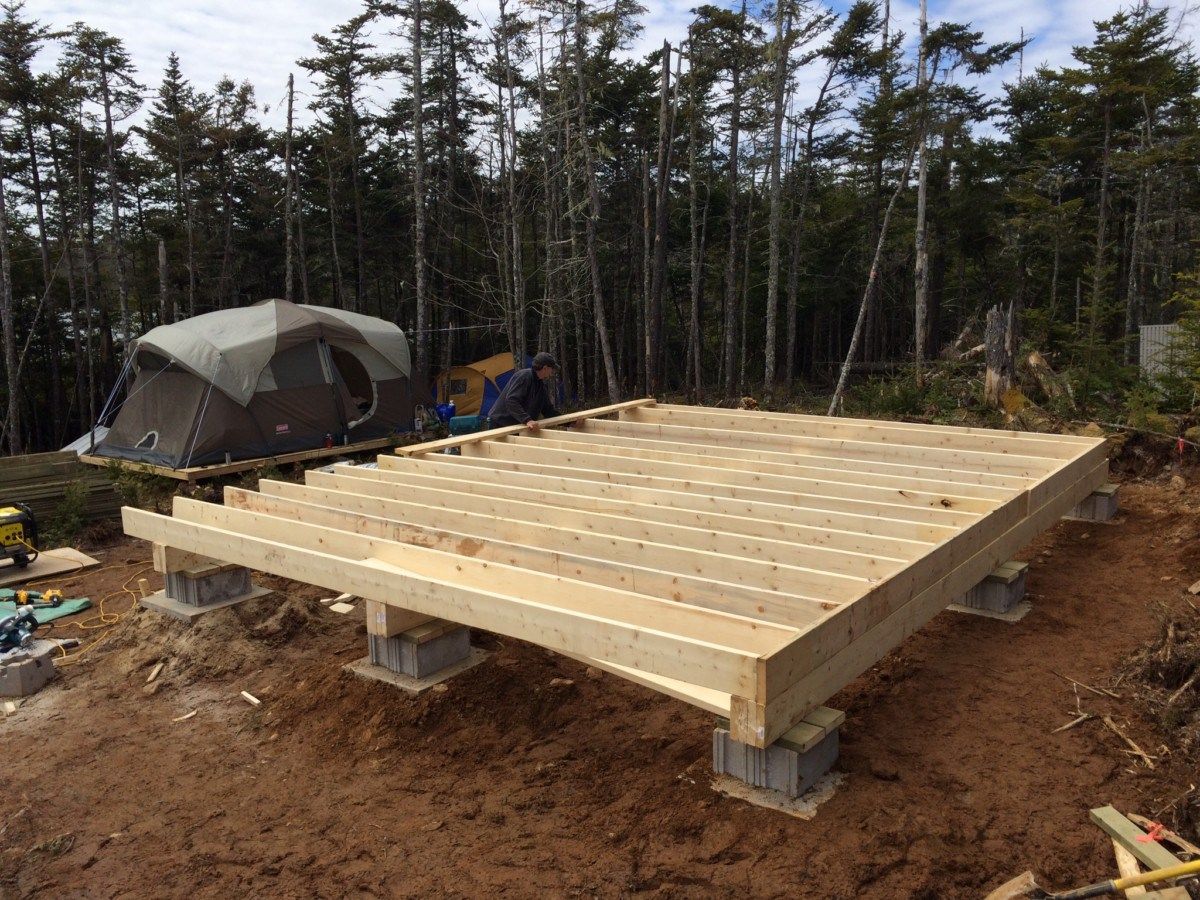
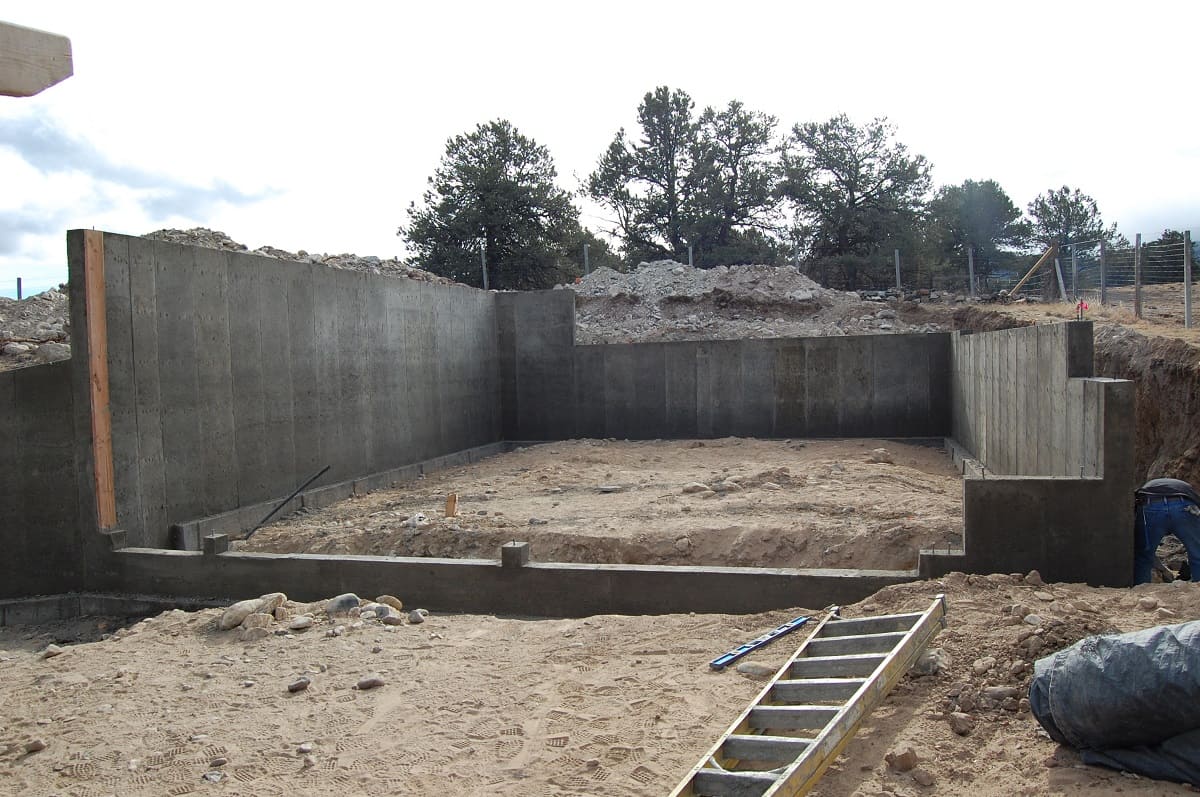
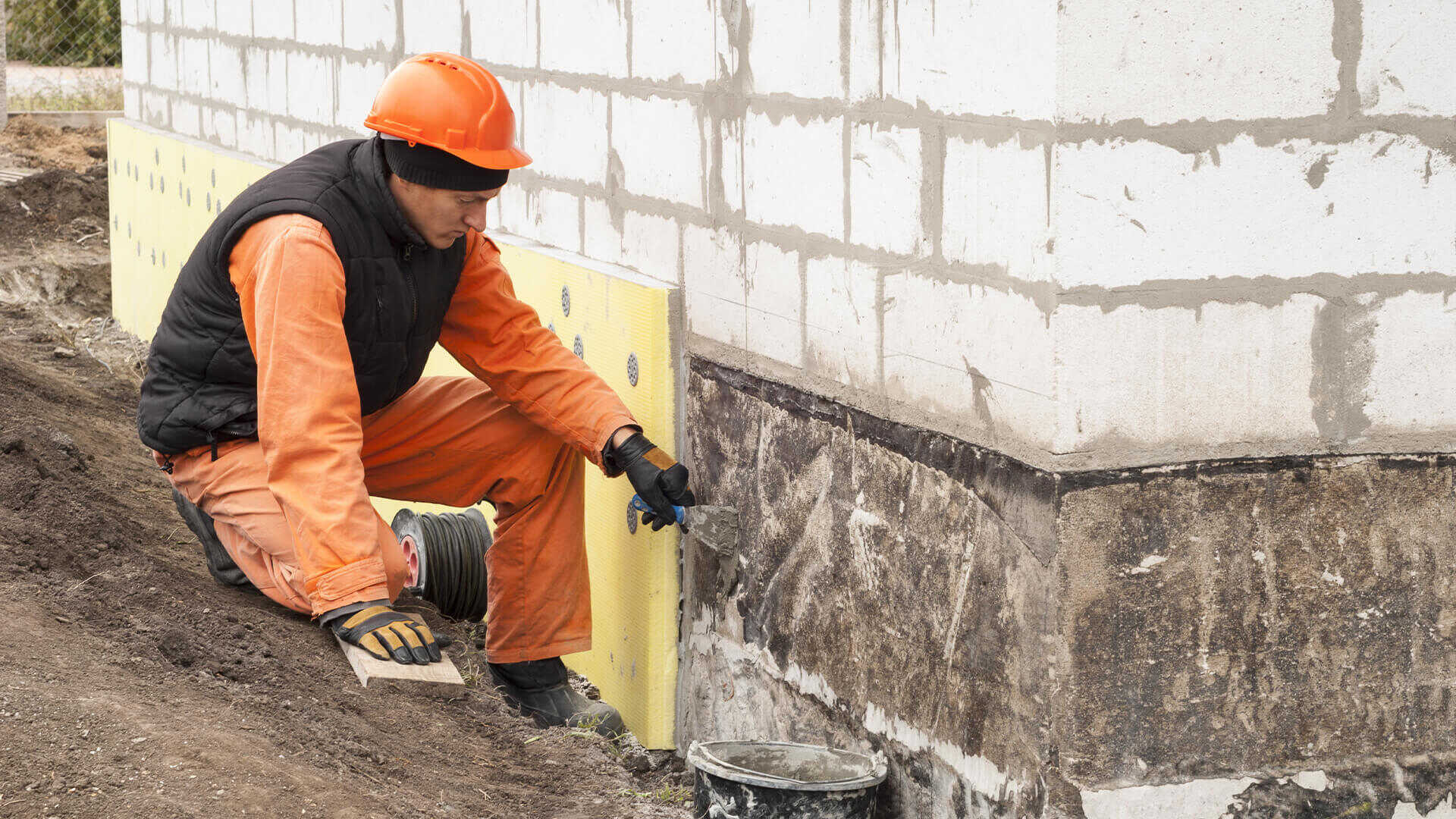
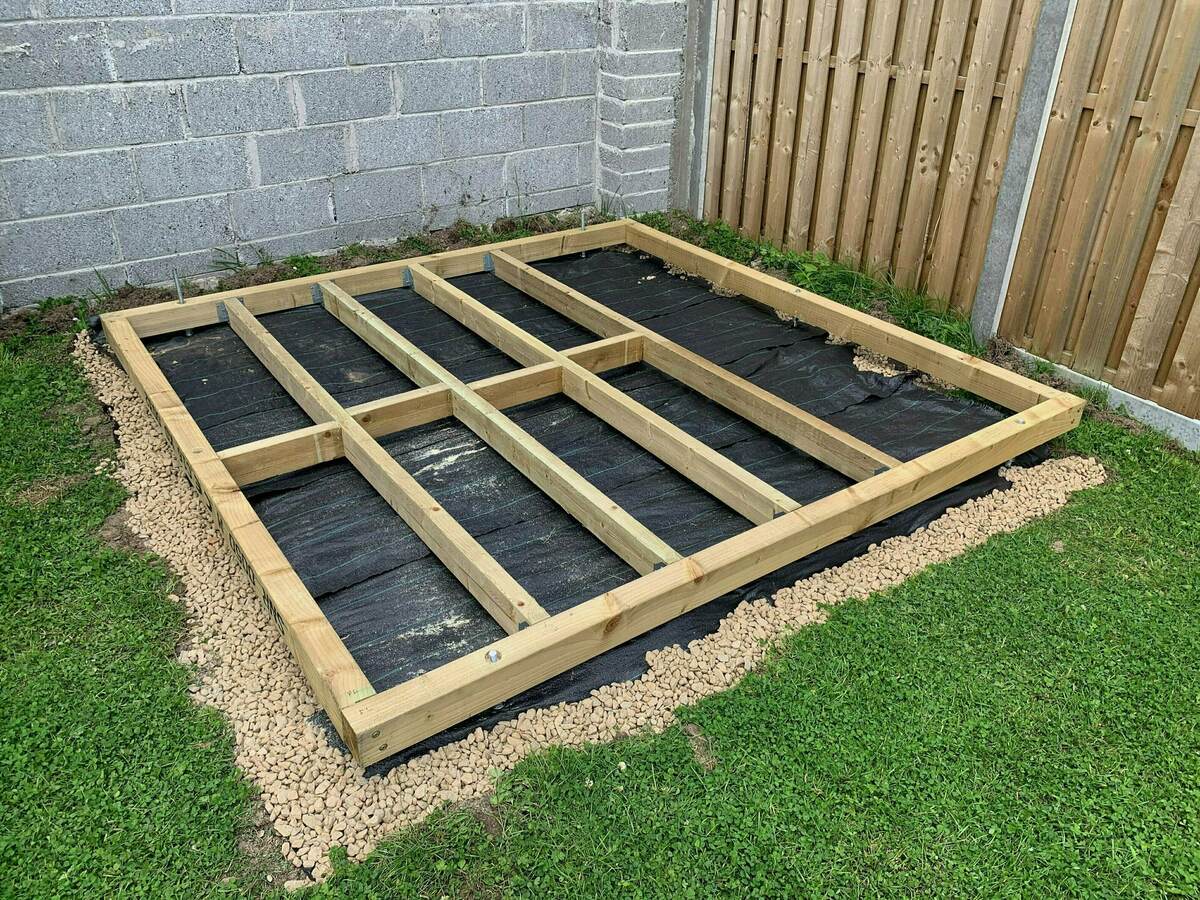
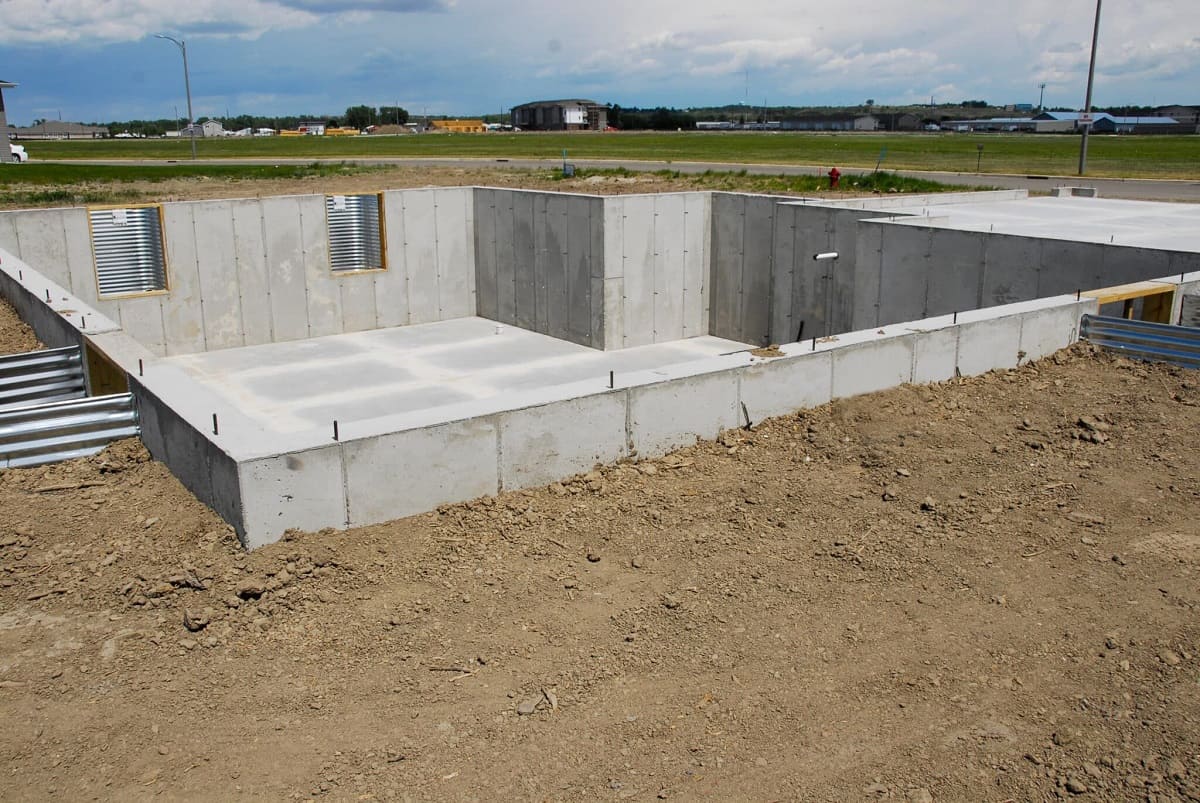

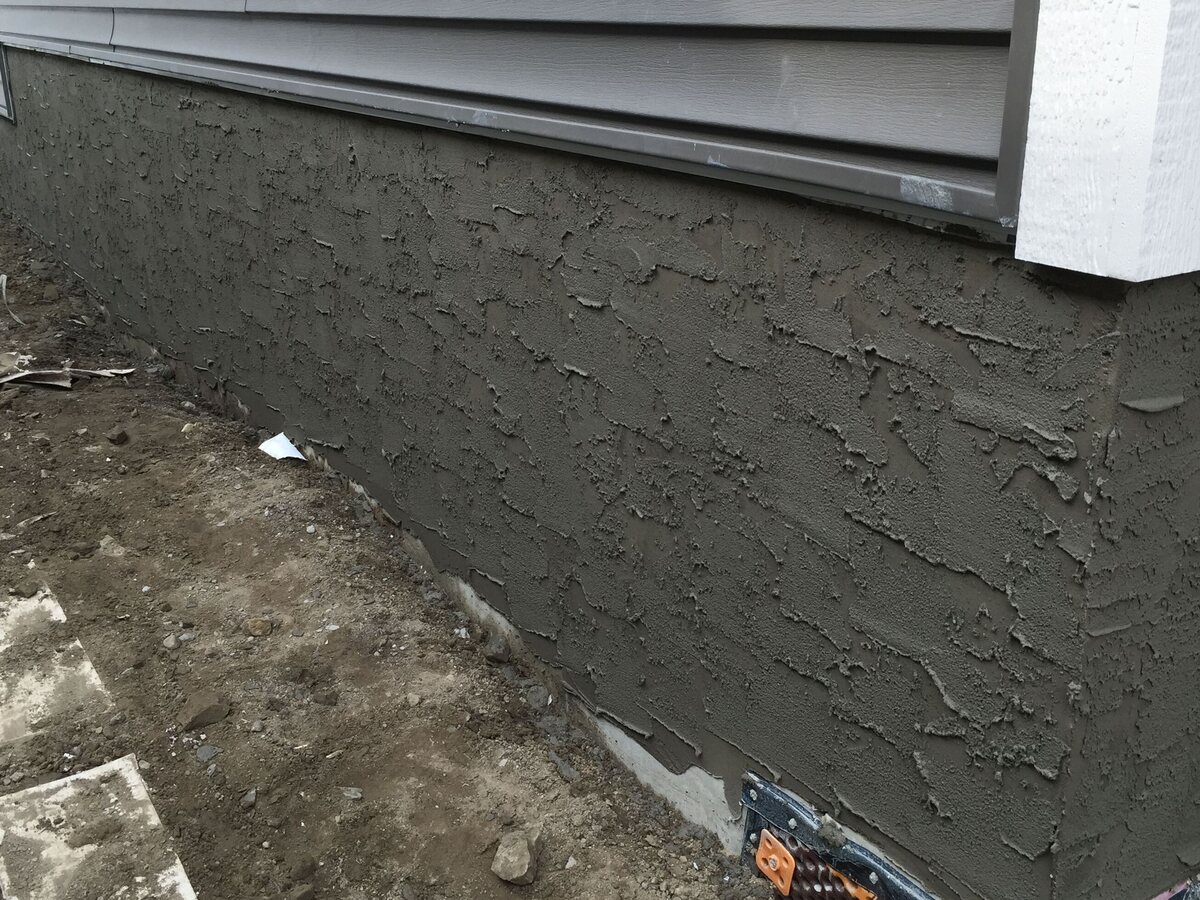

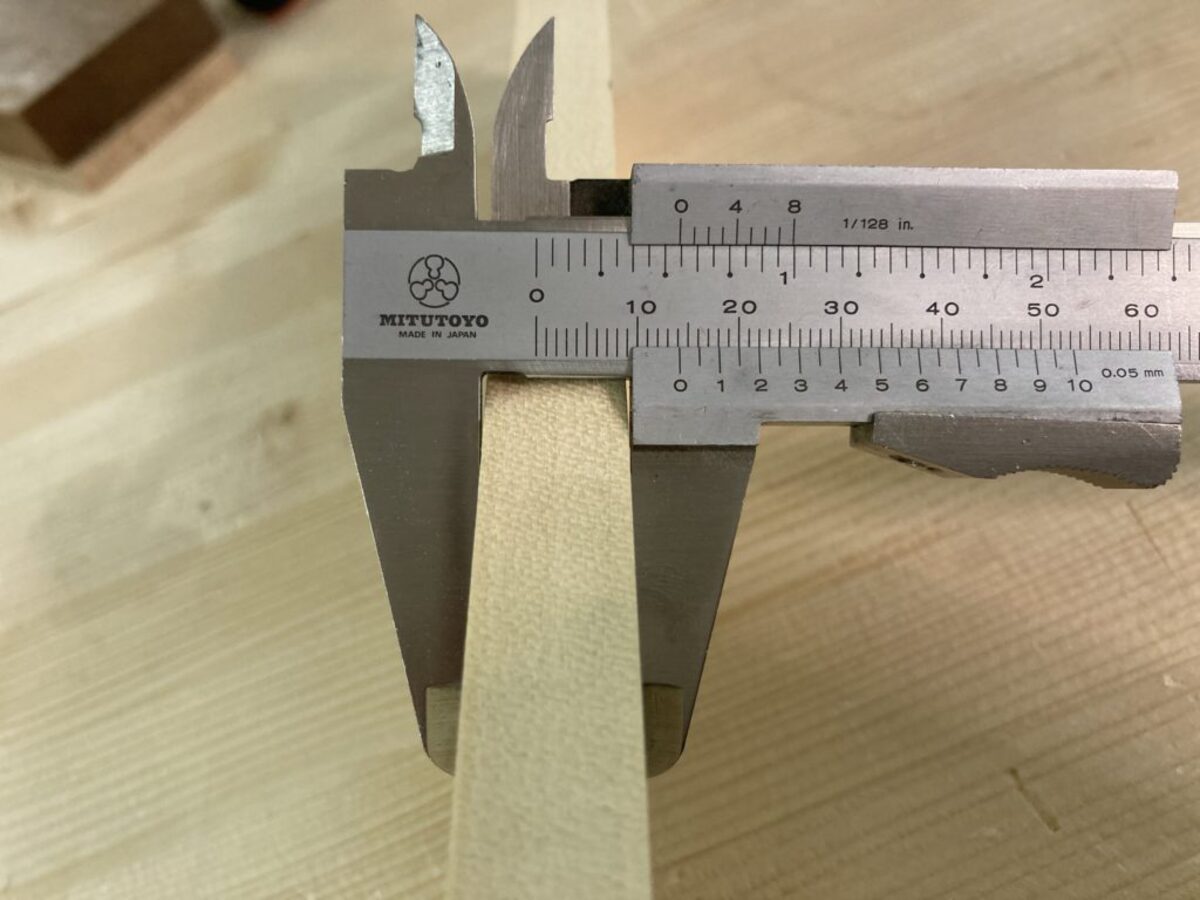
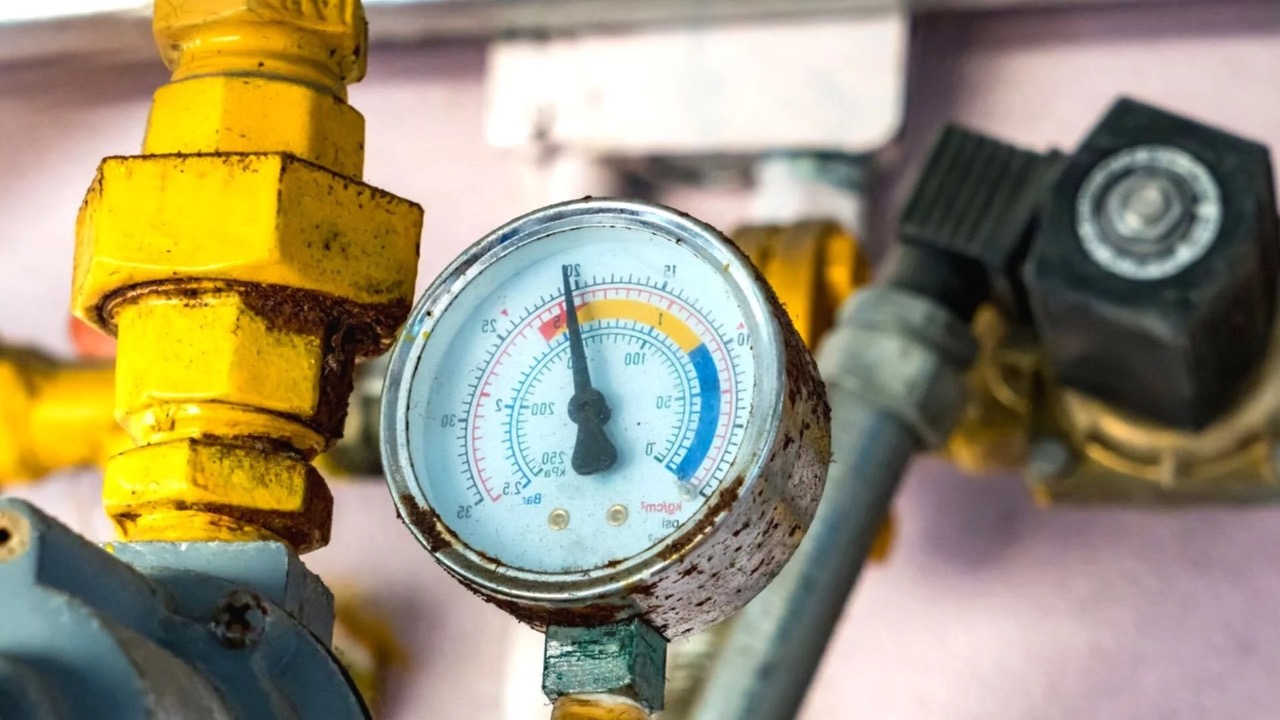
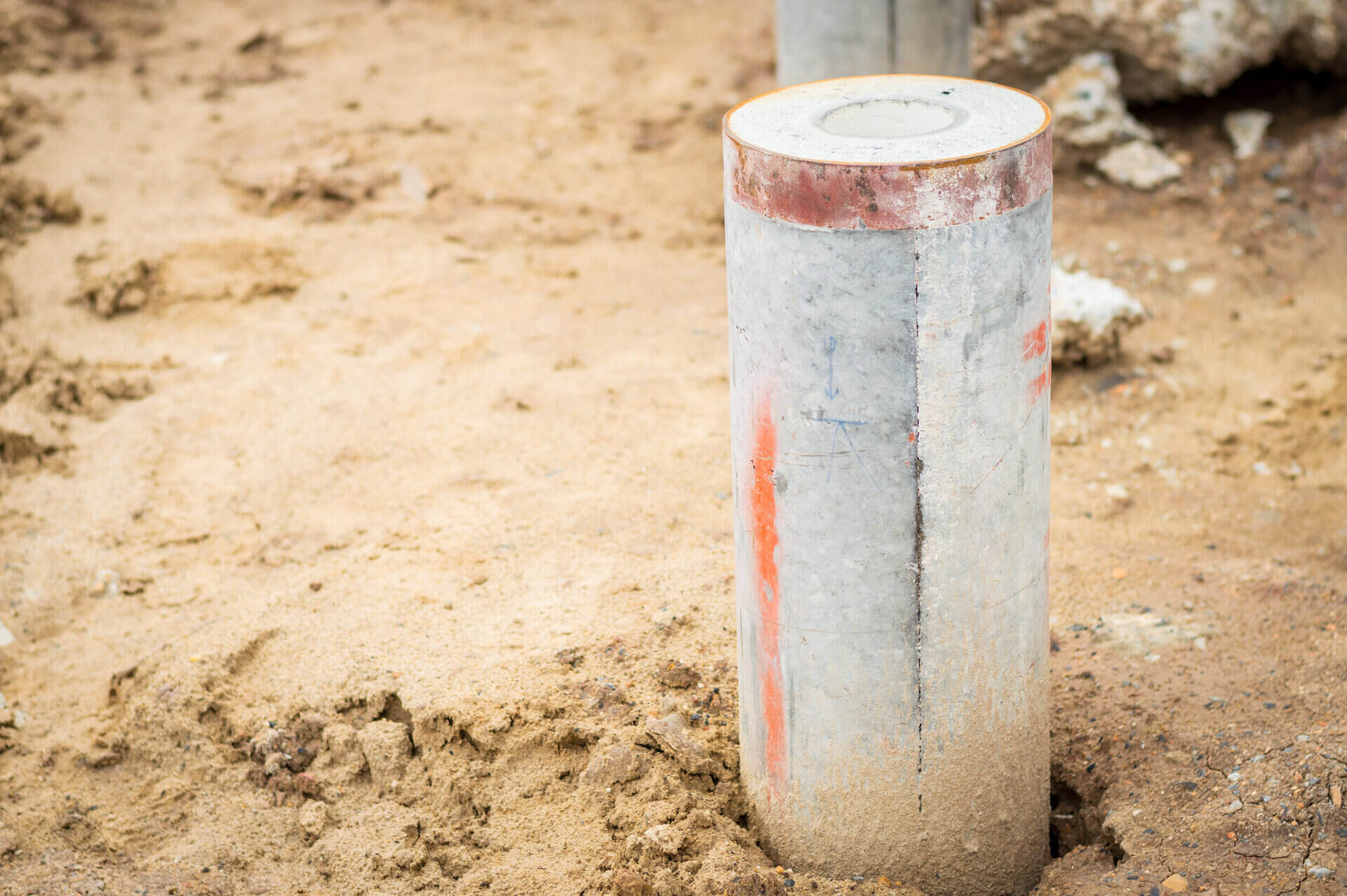
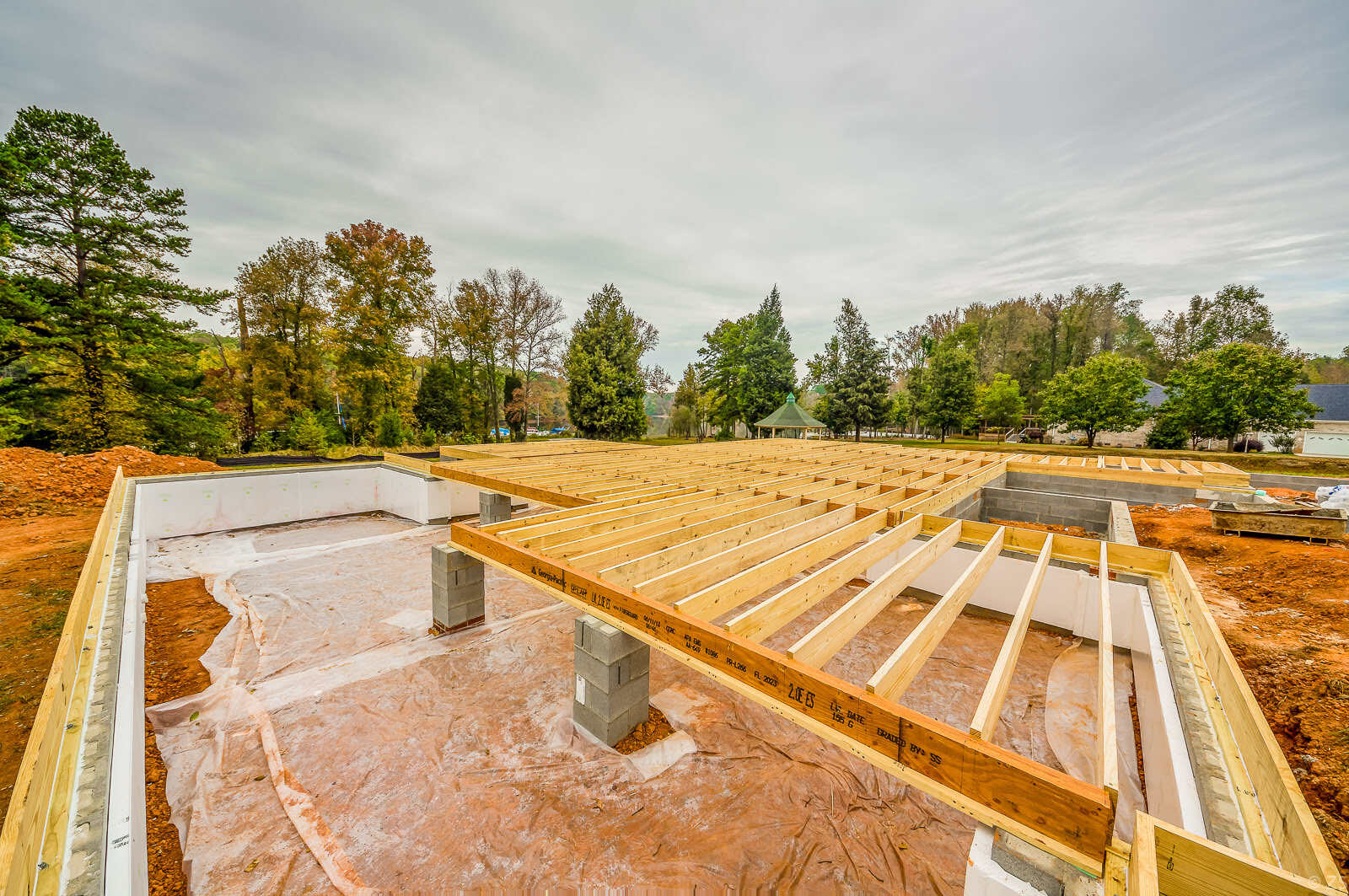
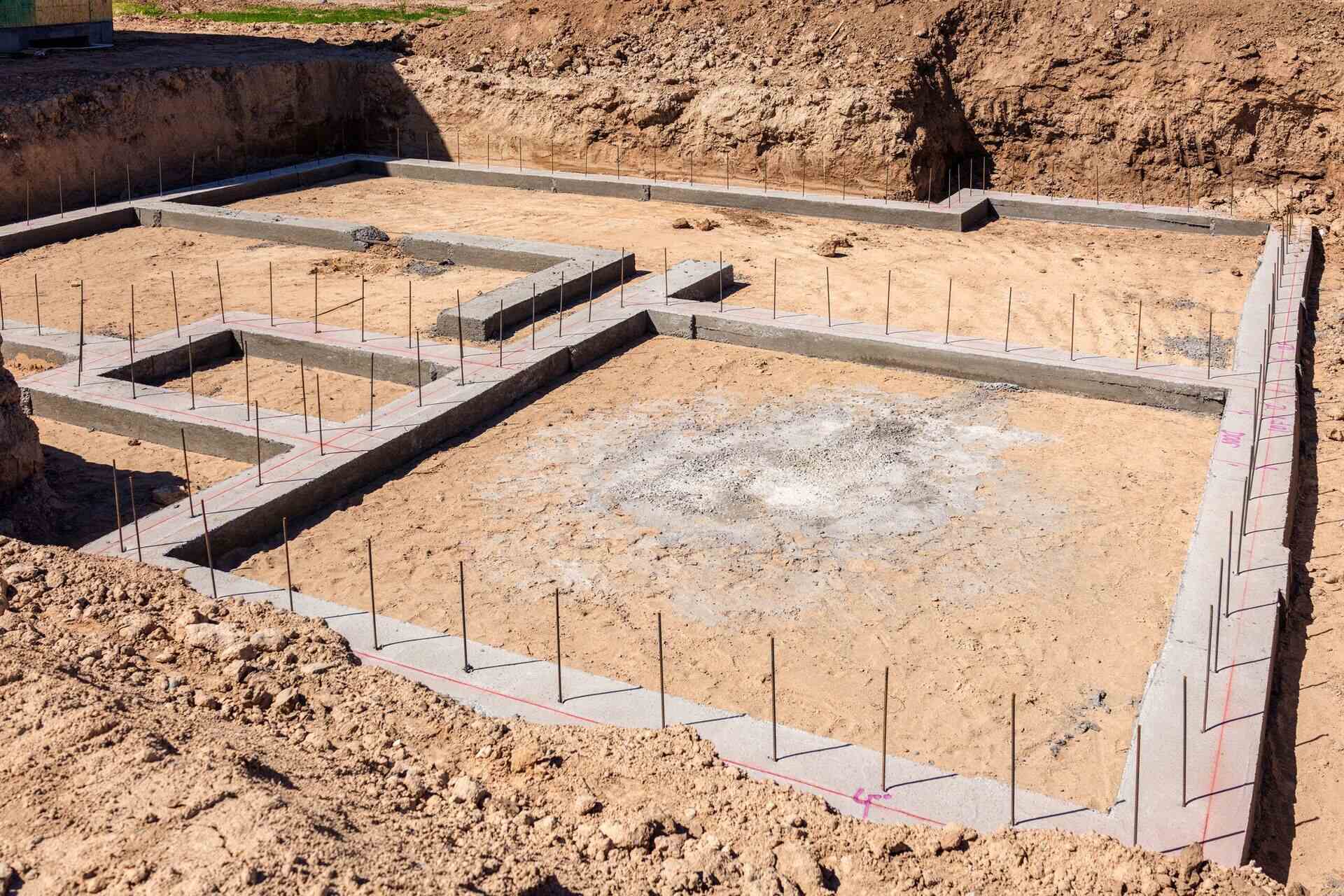

0 thoughts on “How Do They Do Foundation Repair”